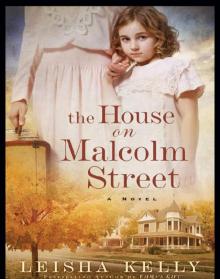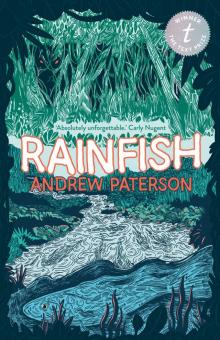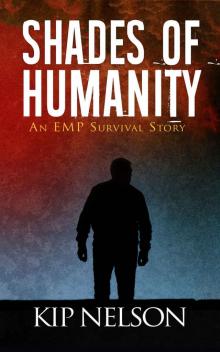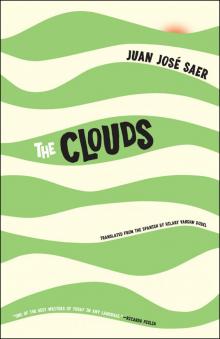While some of Shaw's earlier plays are still performed, his later plays, such as the ones in this volume, are barely known. As the collective title indicates, the themes here are political; yet, frankly, it is doubtful how seriously we can now take Shaw as a political thinker. Despite writing in the 1930s, he has little to say of the nature of totalitarianism: although he satirises Fascist dictators in "Geneva", the satire is disappointingly mild. Neither did Shaw appear to foresee (on the evidence of these plays, at least) the imminent collapse of the British Empire.But it is Shaw the dramatist rather than Shaw the political philosopher who still holds our attention -- even in plays as explicitly political as these. He had a sharp intellect and a quirky sense of humour, and his dialogue still glints and sparkles: he couldn't write a dull line if he tried. No matter how serious the themes he addresses, the crispness of his writing and his lightness of touch still...

 Eyewitness (Thriller/Legal Thriller - #5 The Witness Series) (The Witness Series #5)
Eyewitness (Thriller/Legal Thriller - #5 The Witness Series) (The Witness Series #5) The House on Malcolm Street
The House on Malcolm Street Rock Bottom
Rock Bottom Rainfish
Rainfish Up With The Crows
Up With The Crows Shades Of Humanity (Surviving For Humanity Book 2)
Shades Of Humanity (Surviving For Humanity Book 2) The Clouds
The Clouds The Devil Between Us
The Devil Between Us